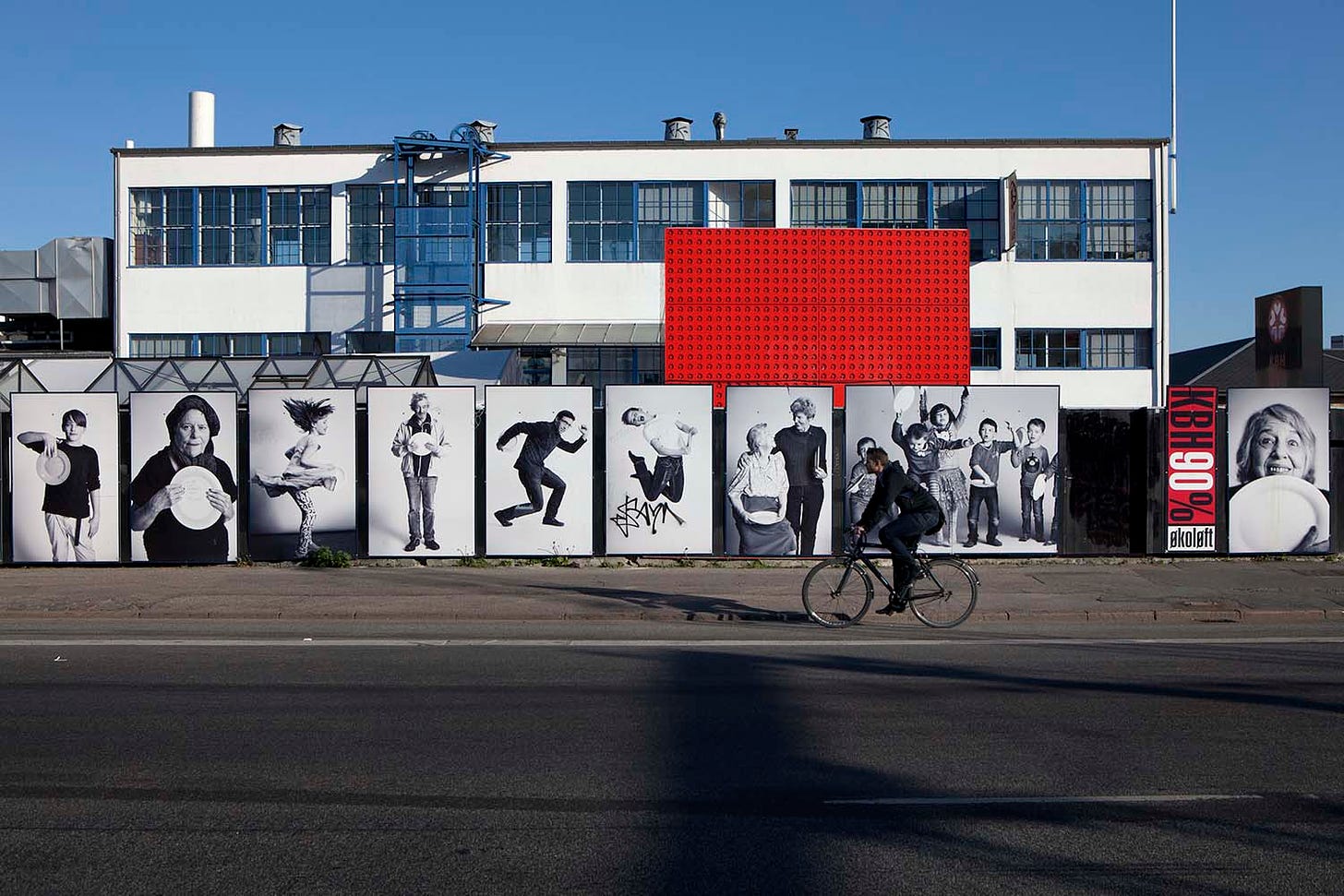Cooking Sustainably at Scale
Schools, companies, and government institutions feed a lot of people everyday. How they cook can quickly change the food system. We speak with KBH Madhus on helping kitchens go 90% organic.
KBH Madhus was established in 2007 under the City of Copenhagen. In 2013, they became an independent nonprofit foundation. Their mission is to change society through better meals. They've been doing this by helping the kitchens of hospitals, schools, and other public institutions go 90% organic, often staying within the same operating budget. So many meals are made in the public sector that this kind of institutional change can have a massive impact. In this episode, I speak with Pernille Nielsen on the process that KBH Madhus uses to do the transition as well as how any kitchen big or small, private or public can do the same.
PS: This episode was recoreded in September 2019, KBH Madhus went bankrupt a few months later. Read more here. Despite that, their lessons from 10+ years of working with public kitchens remain highly relevant.
Related Links
Ellen MacArthur Foundation on circular food cities
Aarstiderne on pioneering home grocery delivery
C40 Cities on the mayors addressung climate change
KBH Madhus on shifting to 90% organic public meals
Coop on supermarkets as a platform for funding new food products
Aquaporin on the future of water
Episode Transcript
Analisa Winther, Nordic FoodTech 2:07
Hi, Pernille. How are you?
Pernille Nielsen, KBH Madhus 2:09
Hi, how are you?
Analisa Winther, Nordic FoodTech 2:11
I'm great. I'm excited to be speaking with you today. When did you first realize or was there a moment when you first realized that you wanted to work within food?
Pernille Nielsen, KBH Madhus 2:25
I have a Master's degree in Geography and I think it was during my Bachelor's that I was studying natural resources, value change, and the whole industrial organization that I came across food systems and became aware that food systems and food production are the holy grail of interconnectedness. Everybody eats food. Every country in the world is a food producer in their own, different way and we're all kind of connected through this global food system. If you look into your fridge, you can see food from a lot of different countries and it’s so profound how that is actually affecting the way we use natural resources. So, I just really fell in love with the whole depth of food production and I really wanted to address some of the issues.


